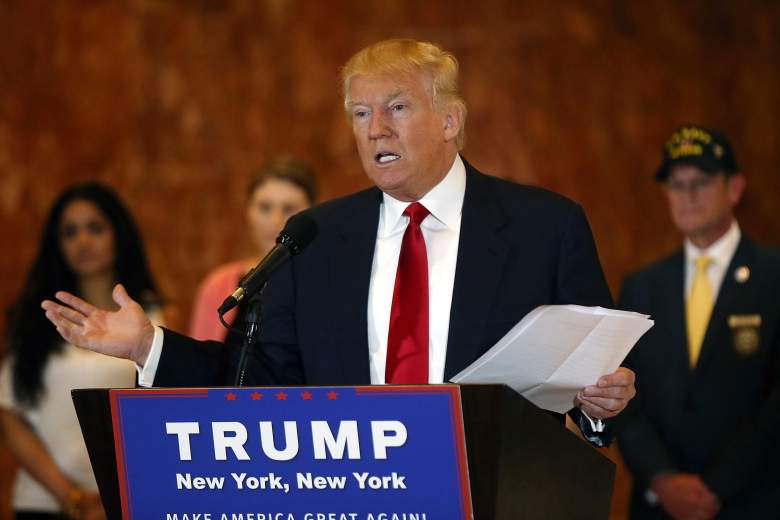
Donald Trump holds a news conference from Trump Tower and addresses his veterans donations.
After Donald Trump became the presumptive Republican presidential nominee, those politicians who previously claimed he was unfit to serve had to decide whether to stand behind their statements and risk a Hillary Clinton presidency, or walk back their statements and look hypocritical.
The most recent to flip-flip on Trump was Paul Ryan, who has now endorsed the New York businessman after previously condemning his rhetoric as being “not who we are as a party or a country.” Marco Rubio also recently backed Trump, a man he once described as “dangerous,” a “liar” and a “conman.”
Not everyone has come around, though, and there are still a few prominent politicians who either have remained silent on Trump or who have actually said they refuse to vote for him. Here are a few of Trump’s biggest Republican detractors.
1. Mitt Romney
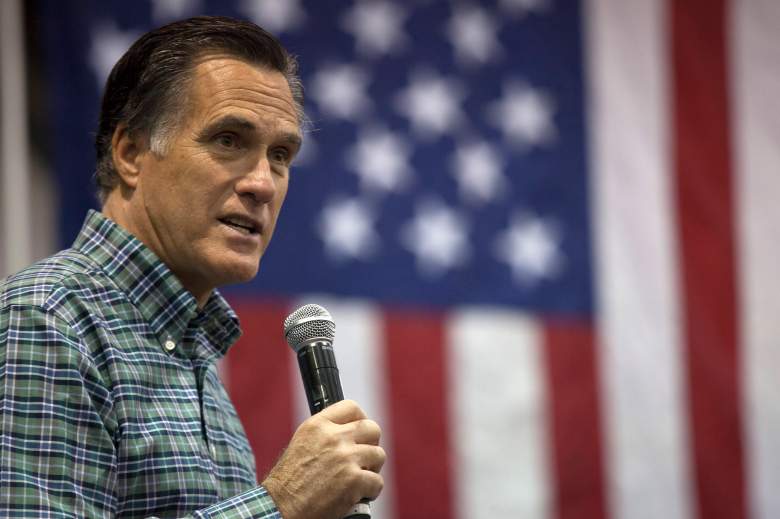
Mitt Romney has been critical of Donald Trump. (Getty)
Former Massachusetts Governor and 2012 presidential candidate Mitt Romney has been speaking out against Donald Trump for months, and he doesn’t appear to be anywhere close to changing his mind.
“Donald Trump is a phony, a fraud,” Romney said in a speech back in March. “His promises are as worthless as a degree from Trump University.”
Recently, he voiced his support for David French, a potential Independent candidate for president who later took his name out of consideration. Romney has supposedly been actively involved in searching for a potential third party bid, and there still exists some question as to if he could run himself.
2. Jeb Bush
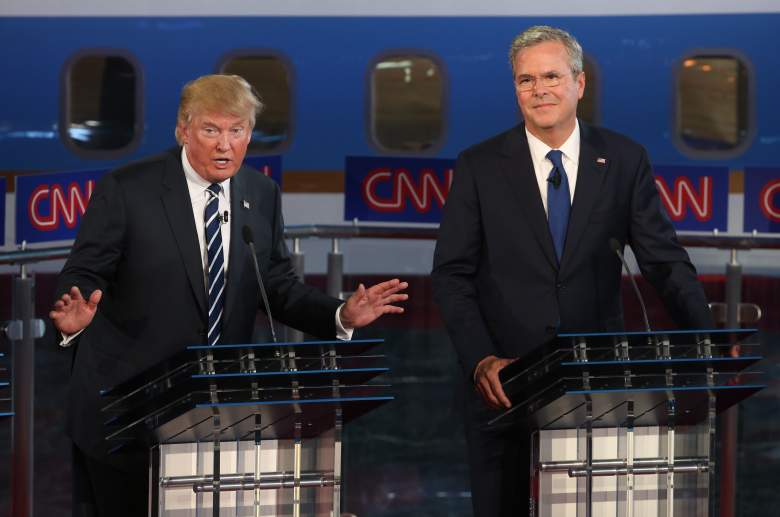
Jeb Bush and Donald Trump compete in the Republican presidential debates at the Reagan Library. (Getty)
Though some of Donald Trump’s rivals in the Republican primary like Marco Rubio, Chris Christie and Ben Carson provided their endorsement after ending their race, Jeb Bush has said he will not vote for Donald Trump in November.
In a Facebook post shortly after Trump locked up the Republican nomination, Bush said that while he won’t vote for Hillary Clinton, he will also not be voting for Donald Trump.
“In November, I will not vote for Donald Trump or Hillary Clinton, but I will support principled conservatives at the state and federal levels, just as I have done my entire life,” Bush wrote. “For Republicans, there is no greater priority than ensuring we keep control of both chambers of Congress. I look forward to working hard for great conservatives in the Senate and House in the coming months.”
3. Ted Cruz
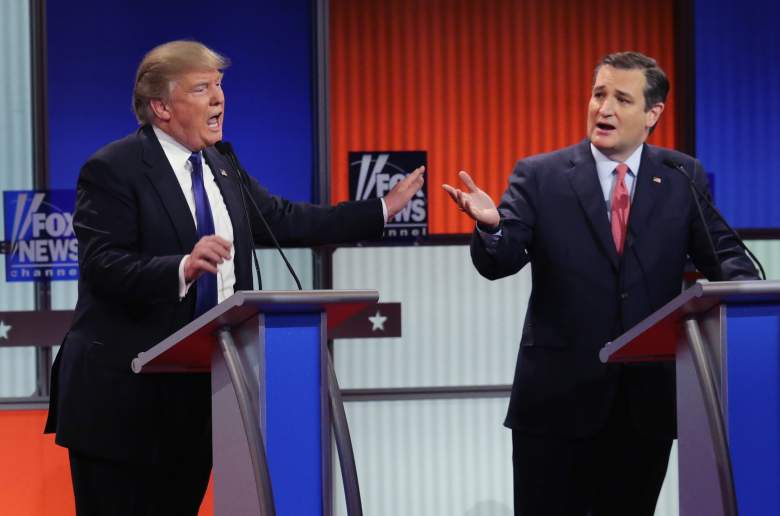
Ted Cruz and Donald Trump participate in the Republican presidential debate in Detroit, Michigan. (Getty)
Since dropping out of the race, Ted Cruz has remained oddly silent on Donald Trump, neither continuing to speak out against him like Jeb Bush nor offering his support like Marco Rubio.
The only significant comment he has made about the race since ending his campaign was an incredibly vague one on Glenn Beck’s radio show, where he appeared to entertain the possibility of supporting Trump.
“The voters in the primary seem to have made a choice,” Cruz said. “We’ll see what happens as the months go forward. I think we need to watch and see what the candidates say and do.”
4. John Kasich
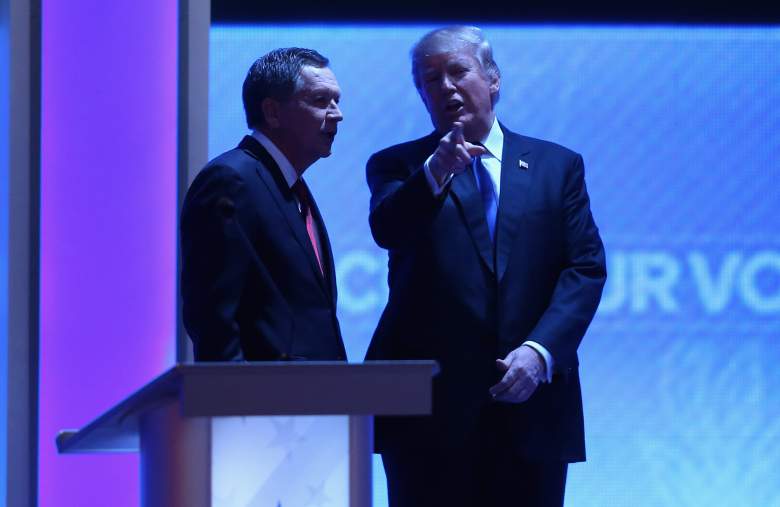
John Kasich and Donald Trump speak during a commercial break in the Republican presidential debate at St. Anselm College. (Getty)
John Kasich, who ended up as the last man standing against Donald Trump in May, has also not gotten behind the presumptive candidate of his party. However, he has not been quite as off-the-radar about the issue as Cruz has been.
On May 17, Kasich did not completely close the door on supporting Trump, saying that he could possibly consider it if Trump were to tone down his rhetoric.
“If I were to turn around today and endorse him, [my daughters] would be like, ‘Why, Dad?’ And that matters to me,” Kasich said. “We’ll see what he does. He has a chance to move to the positive side and unify this country.”
However, Trump’s campaign has only gotten more negative in recent weeks, so that Kasich endorsement now seems unlikely. Just recently, after Trump attacked a federal judge for his Mexican heritage, Kasich spoke out against him for these remarks on Twitter.
5. Ben Sasse
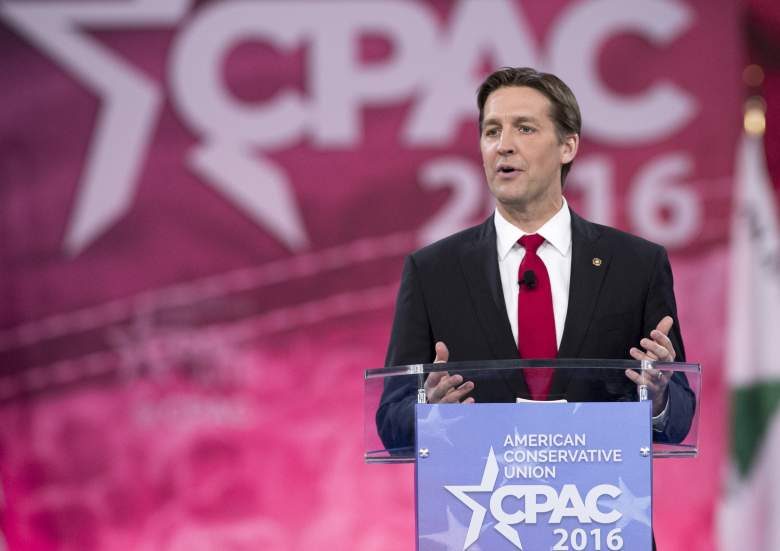
Senator Ben Sasse speaks during the annual Conservative Political Action Conference. (Getty)
Ben Sasse, senator from Nebraska, has become the most prominent anti-Trump senator in the country, continuously criticizing the Republican candidate to the point that his name was suggested for a potential independent run.
Just recently, Sasse said that he is considering voting for the Libertarian candidate, Gary Johnson, over Hillary Clinton and Donald Trump.
“The Libertarian Party is something I would certainly consider in the long term,” Sasse told the Lincoln Journal Star, although he said he had not looked very closely yet. It seems he has looked into it since that interview was conducted, though, as he recently took to Twitter to voice his disappointment over some of Johnson’s stances.
6. Ron Paul
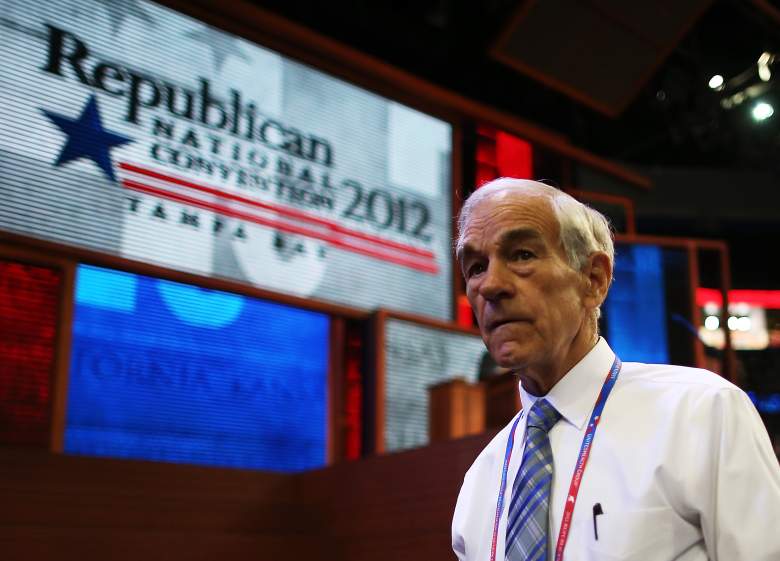
Ron Paul at the Republican National Convention in Tampa, Florida. (Getty)
Rand Paul said throughout the Republican primary season that he would support Donald Trump if he became the nominee, but he and his father are not on the same page. Ron Paul says that he refuses to vote for either Trump or Hillary in the general election.
“If you can’t stand any of them and you happen to be a dedicated progressive, you ought to make your vote count and vote for the Green Party and if you happen to be a libertarian, vote for the Libertarian Party,” Paul said.
Though he identifies as a Libertarian, Paul sought the nomination for the Republican party in 2008 and 2012.
7. Lindsey Graham
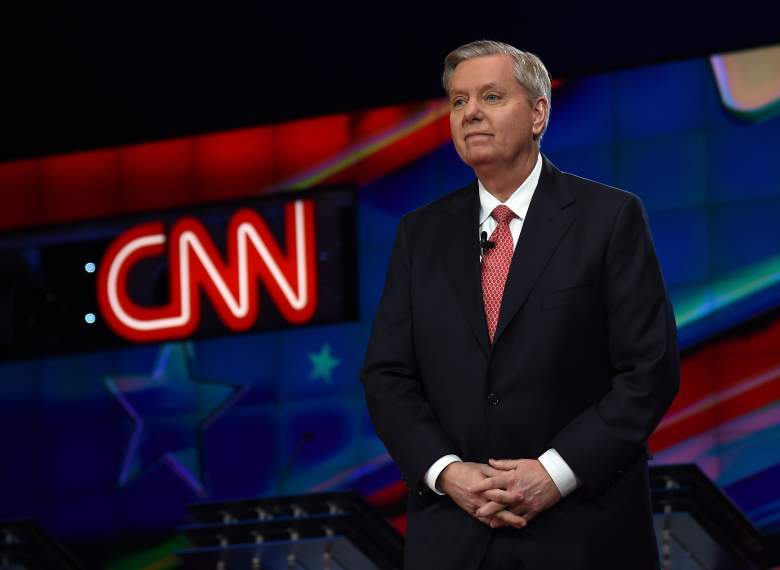
Lindsey Graham prepares to begin the CNN presidential debate in Las Vegas, Nevada. (Getty)
Shortly after Trump locked up the Republican nomination, Senator Lindsey Graham from South Carolina made clear that he would not be voting for the New York businessman in November.
“I don’t think he’s a reliable Republican conservative,” Graham said. “I don’t believe that Donald Trump has the temperament and judgment to be commander in chief. I think Donald Trump is going to places where very few people have gone and I’m not going with him.”
CNN recently reported that Graham has been telling Republican fundraisers that the party needs to unite behind Trump, but Graham himself has disputed that report, saying he still won’t vote for Trump.